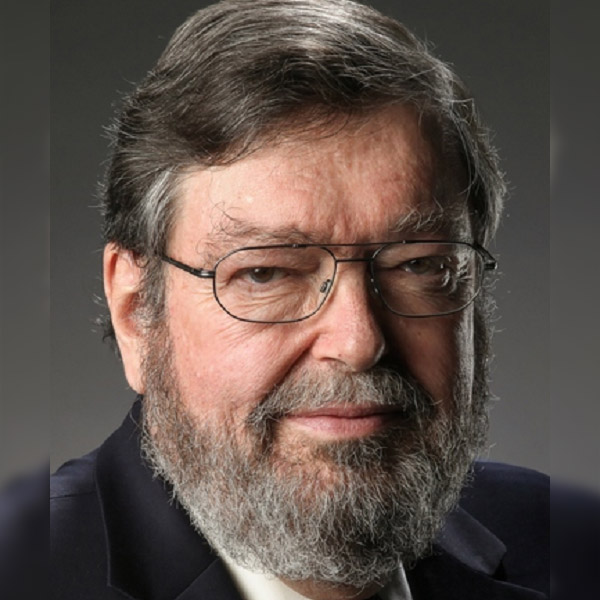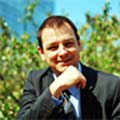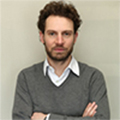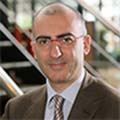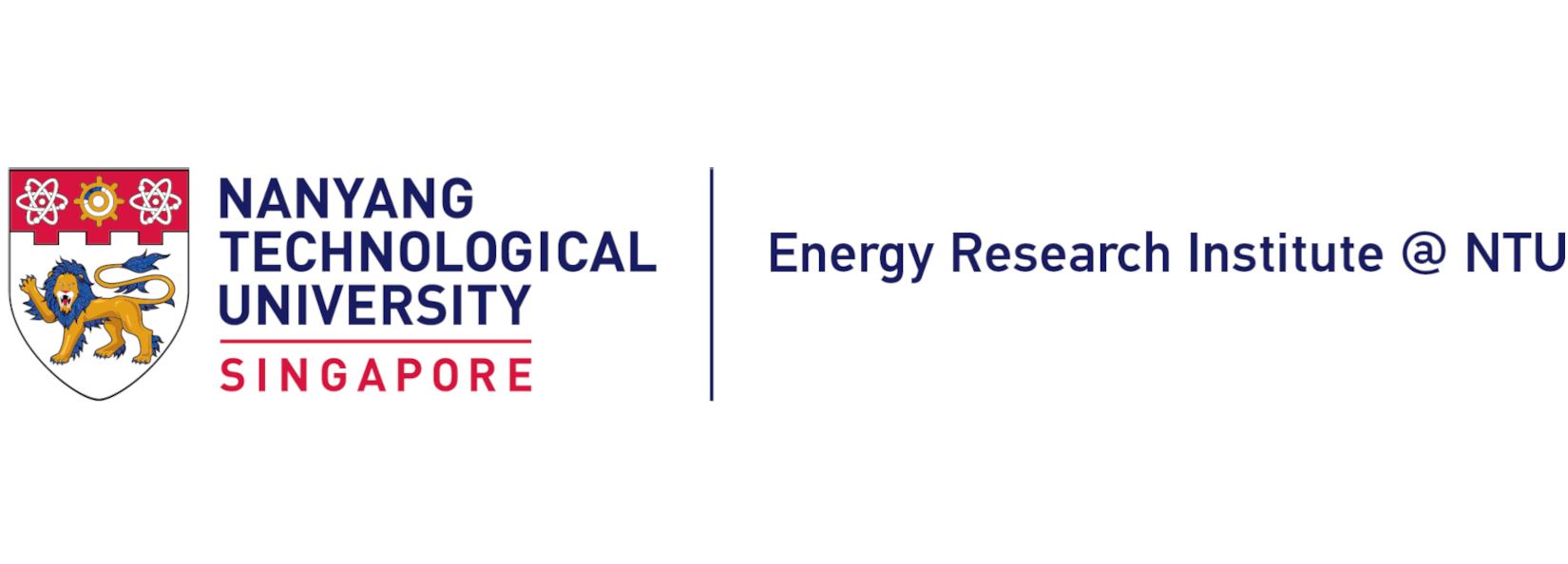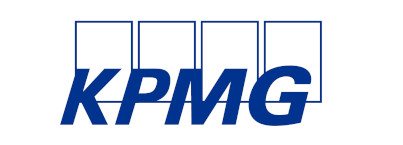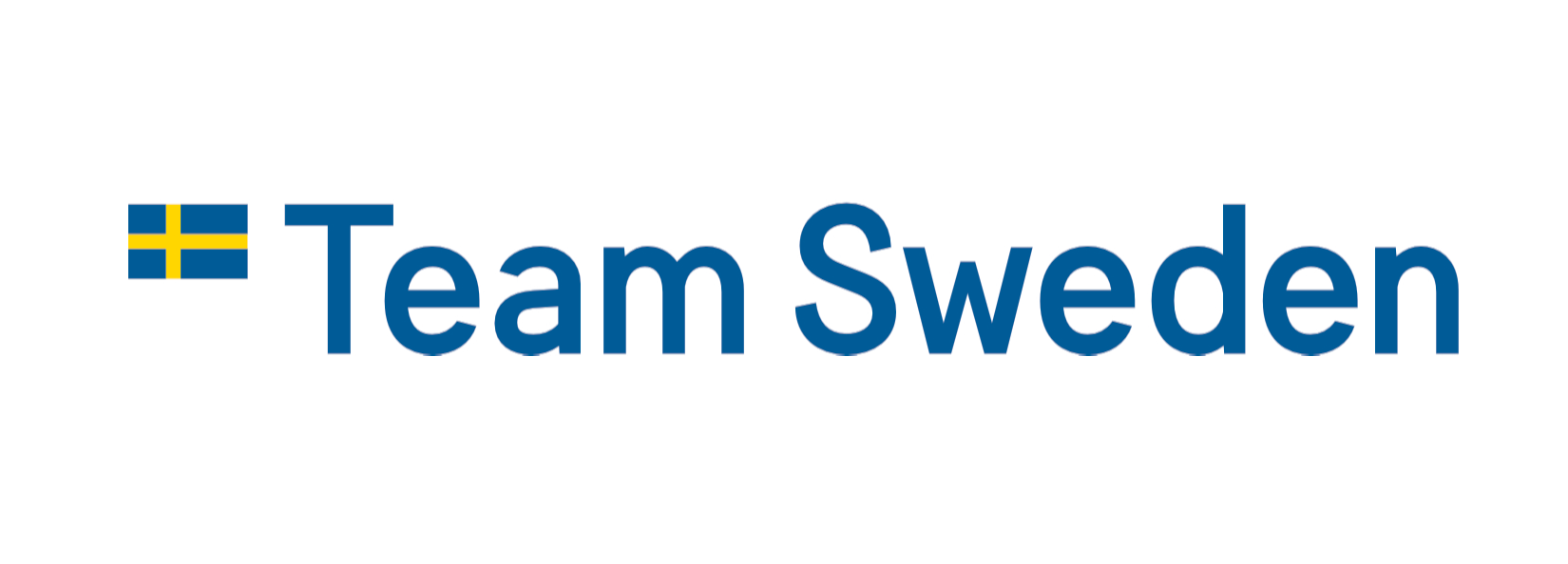Roundtable D: Renewables Integration and micro-grids
| Organiser | Energy Research Institute @ NTU (ERI@N) |
| Date | 30 Oct 2014, 14:00 - 17:00 hrs |
TITLE Renewables Integration and micro-grids
Renewable energy and micro-Grids are no longer new topics. Many companies have made these technologies readily available and the way forward would be to integrate these technologies into automated micro grids. This would allow for seamless connection with the main grid or be grid-independent when needed. In addition, energy storage is important to ensure the grid remains balanced. This round table aims to address the following:
- To provide a forum for the exchange of ideas and insights between both private and public sector regarding integration of a broad range of renewable energy production – onshore and offshore, energy storage and rational end-use technologies in a micro-grid context.
- To highlight the benefits of demonstrating such integration at a real-life scale with the aim of cost-attractive electrification of remote islands and villages
- To draw attention to the central requirement for properly designed and deployed energy storage systems within micro-grid applications
Programme
Hans B. (Teddy) Püttgen joined NTU late 2013 as Professor and Senior Director, Energy Research Institute at NTU (ERI@N), where he leads the Renewable Energy Integration Demonstrator in Singapore, REIDS, initiative. Before joining NTU, he was Energy Systems Management chair at EPFL, Switzerland, and its inaugural Director of the Energy Center, a university-wide organization coordinating major energy projects in collaboration with European R&D institutions. Before joining EPFL, Professor Püttgen was Georgia Power Distinguished Professor at Georgia Tech where he launched the National Electric Energy Test, Research Application Center, NEETRAC. Teddy Püttgen is Ingénieur Diplômé Electricien from EPFL. His PhD is from the University of Florida. He is a Fellow of IEEE and served as President of the IEEE Power and Energy Society in 2004 and 2005. He is a recipient of the IEEE Third Millennium Medal.
Born in 1972, Laurent Schmitt graduated in September 1998 from Supelec, Paris in France with a degree in Power System Engineering. He started his career in the Power Generation area with ALSTOM on Hydro and Thermal Plant Controls in Northern America. In 2000 Laurent moved to the Alstom T&D division, sold to Areva T&D, where he held positions as Sales Director for South-East Asia and Product marketing Director, covering applications for electrical protection, transmission and distribution substations, dispatching centres and energy trading platforms.
In June 2007, he was appointed Director for Strategy at the Areva T&D Automation Business Unit, working with the various French and international organisations focusing on the intelligent management of the energy network infrastructure. In 2008 he was appointed Vice-President for Strategy & Innovation for the Energy Management Business of Alstom Power to capitalize on Alstom Power’s expertise in the management and optimisation of generation of power generation assets.
Following the integration of Areva T&D’s activities within Alstom in June 2010, Laurent has joined the new Alstom Grid sector as Vice President for Smart Grid Solutions, in charge of developing Alstom’s offering on the Smart Grid segment worldwide.
Laurent Schmitt is member of several strategic industry committees working on Smart Grids such as CIGRE, IEC, EPRI and ENTSOe and contributes to several expert advisory taskforces to the European Commission , the International Energy Agency (IEA), and several university consortium including the University College Dublin , in the areas of Generation, Smart Grid and Storage applications. He recently co authored a white paper on Smart Grids standards convergence published through the CIMUsergroup as well as on Smart Cities to the World Energy Conference.
Etienne Drouet has an Engineering degree in Telecommunication, Electronics and computing (2006) and a Master Research degree in Interactive Intelligent systems (2006). Etienne joined GDF SUEZ in 2007 as a research engineer working on Smart Metering and workforces management. Since 2009, Etienne has become a project manager. From 2009 to 2011 he coordinated the research activities on workforces management, working in business thematic such as gas distribution and transport, water distribution and gas exploration and production. Examples of achievements consisted in designing mobile workforce solutions both on the field and back office, or communication and tracking solution based on satellites technologies.
Since 2012, Etienne is working as a project manager for GDF SUEZ Smart Energy and Environnement solutions, with a strong focus on Smart Cities. He manages a team of 15 persons dedicated to smart activities : achievements includes the design and evaluation of Big Data’s solution, development of a cyber security expertise, conception of digital services, hardware and software Benchmark, telecommunication expertise, web development. Etienne also manages Sociological studies on the Energy stakes and goals such as the acceptability of smart solutions in social housing.
Markson had been pioneering renewable energy projects for remote area power supply for over 10 years, merging technological advances and maneuvering financial flexibilities, achieving a most remarkable decade of developments in Singapore, Vietnam, Sri Lanka, Maldives and South Africa just to name a few. Solving the problem of renewable energy solution's intermittency by employing HybridGEN™, a variable speed generator plus energy storage system, Markson successfully brought reliable "Just-in-time" micro-grid energy production and distribution to these islands for modernization to take place. With the recent development of real time monitoring and transmission control, Markson improved the RAPS systems one step further towards energy independence for these remote areas, most renown in the case of Pulau Ubin Micro-Grid Test Bed in Singapore.
Mario Paolone was born in Italy in 1973. He received the M.Sc. degree (with honors) in electrical engineering and the Ph.D. degree from the University of Bologna, Italy, in 1998 and 2002, respectively. In 2005, he was appointed Researcher in Electric Power Systems at the University of Bologna where he was with the Power Systems Laboratory until 2011. In 2010, he received Associate Professor eligibility from the Politecnico di Milano, Italy. Currently, he is Associate Professor at the Swiss Federal Institute of Technology, Lausanne, Switzerland, where he accepted the EOS Holding Chair of Distributed Electrical Systems Laboratory.
He is secretary and member of several IEEE and Cigré Working Groups. He was cochairperson of the technical committee of the 9th edition of the International Conference of Power Systems Transients. His research interests are in the area of smart grids, with particular reference to real-time monitoring and operation, power system protections, power systems dynamics, and power system transients with particular reference to LEMP-interaction with electrical networks. Mario Paolone is author or coauthor of over 170 scientific papers published in reviewed journals and presented at international conferences. In 2013, he was the recipient of the IEEE EMC Society Technical Achievement Award.
Listen to SIEwCast
Episode 5: How FERC is reshaping the grid for the future
